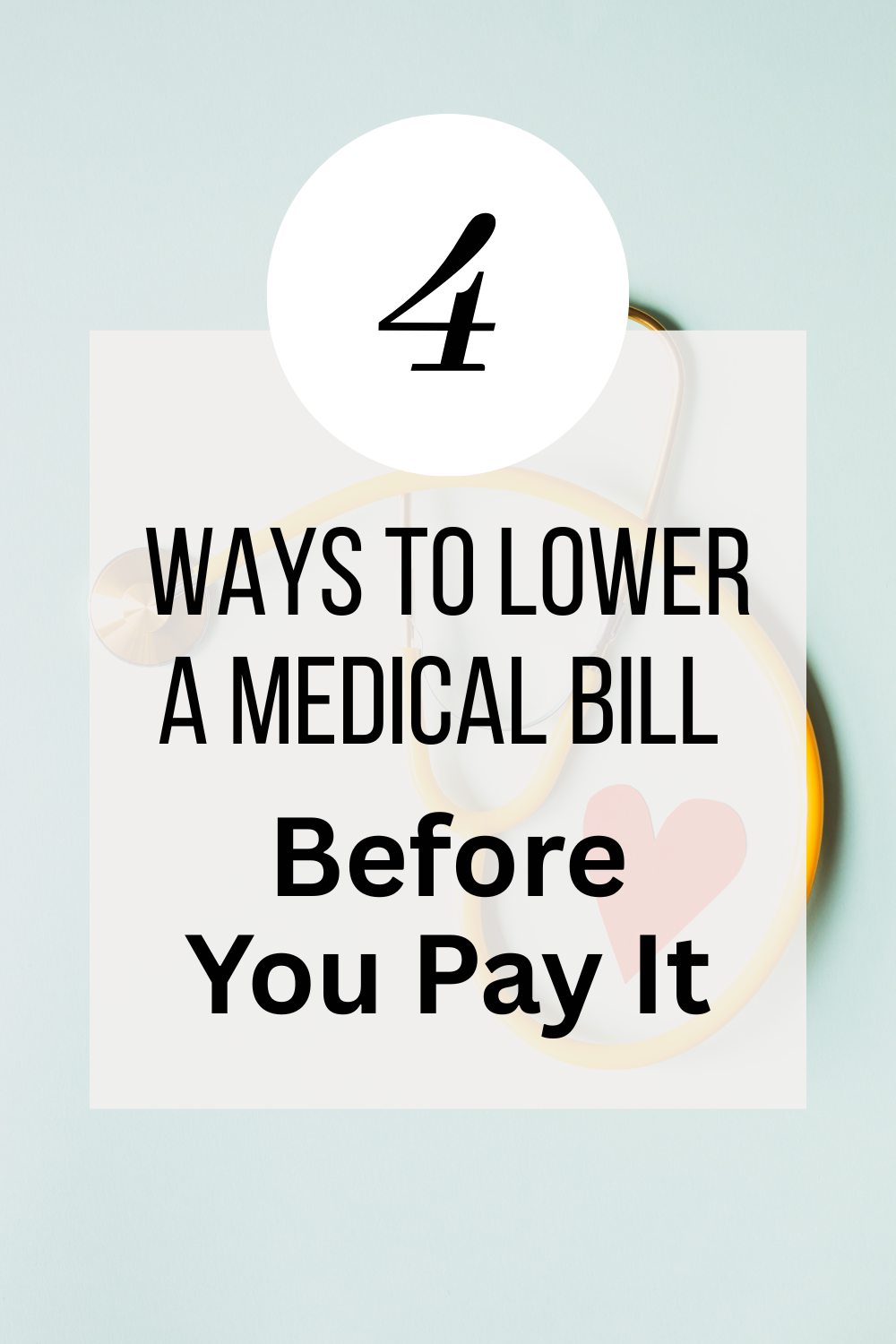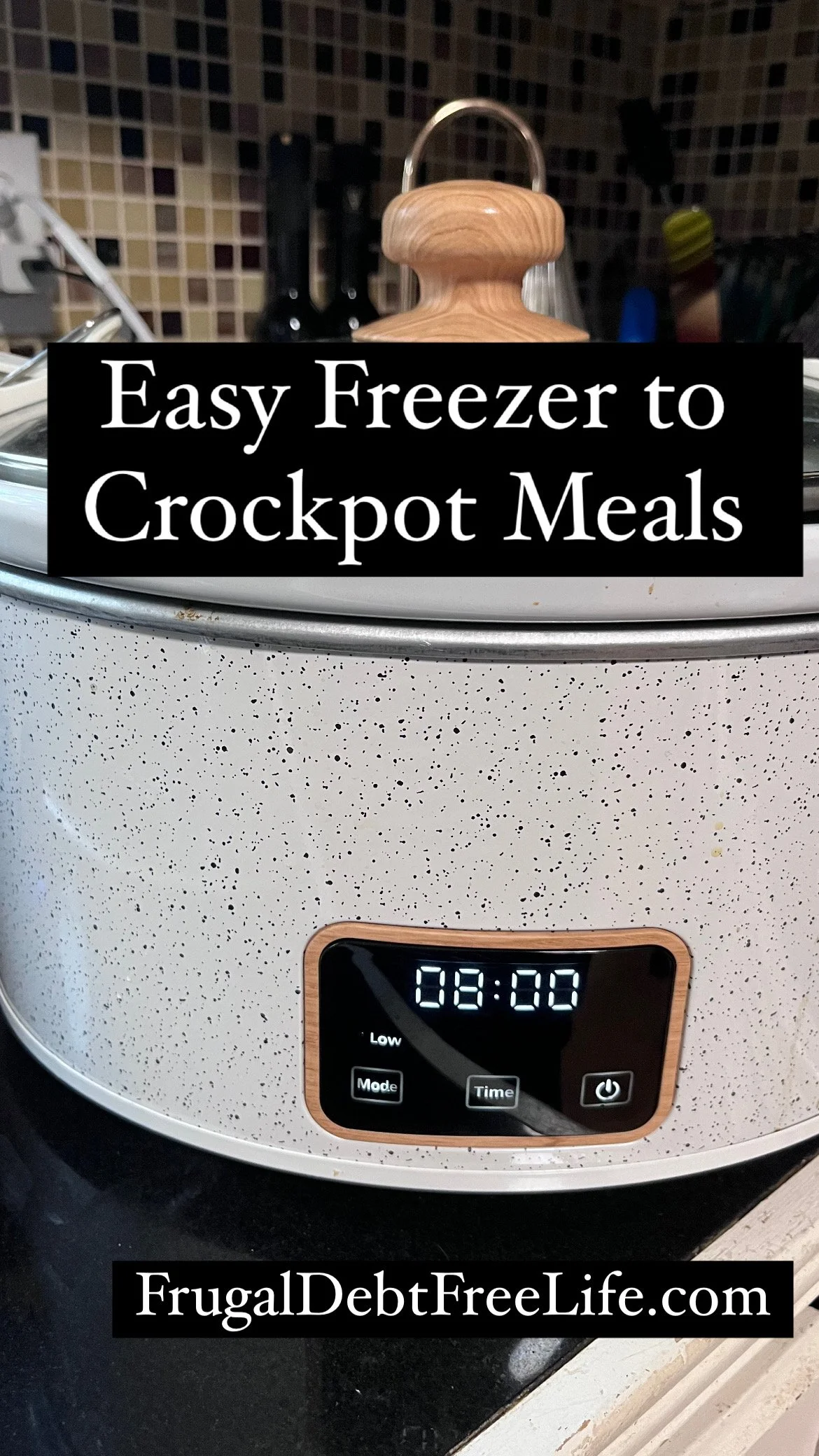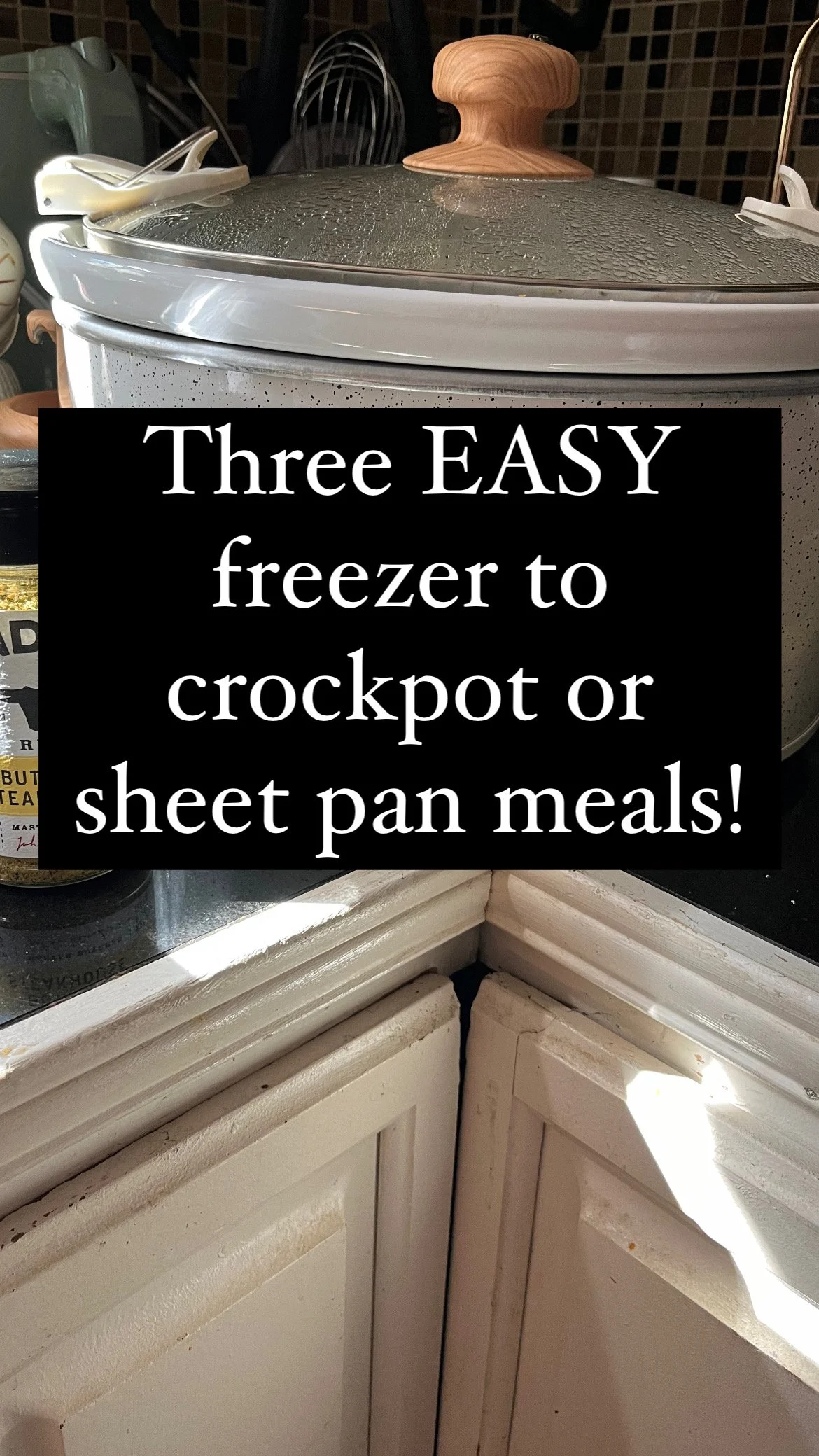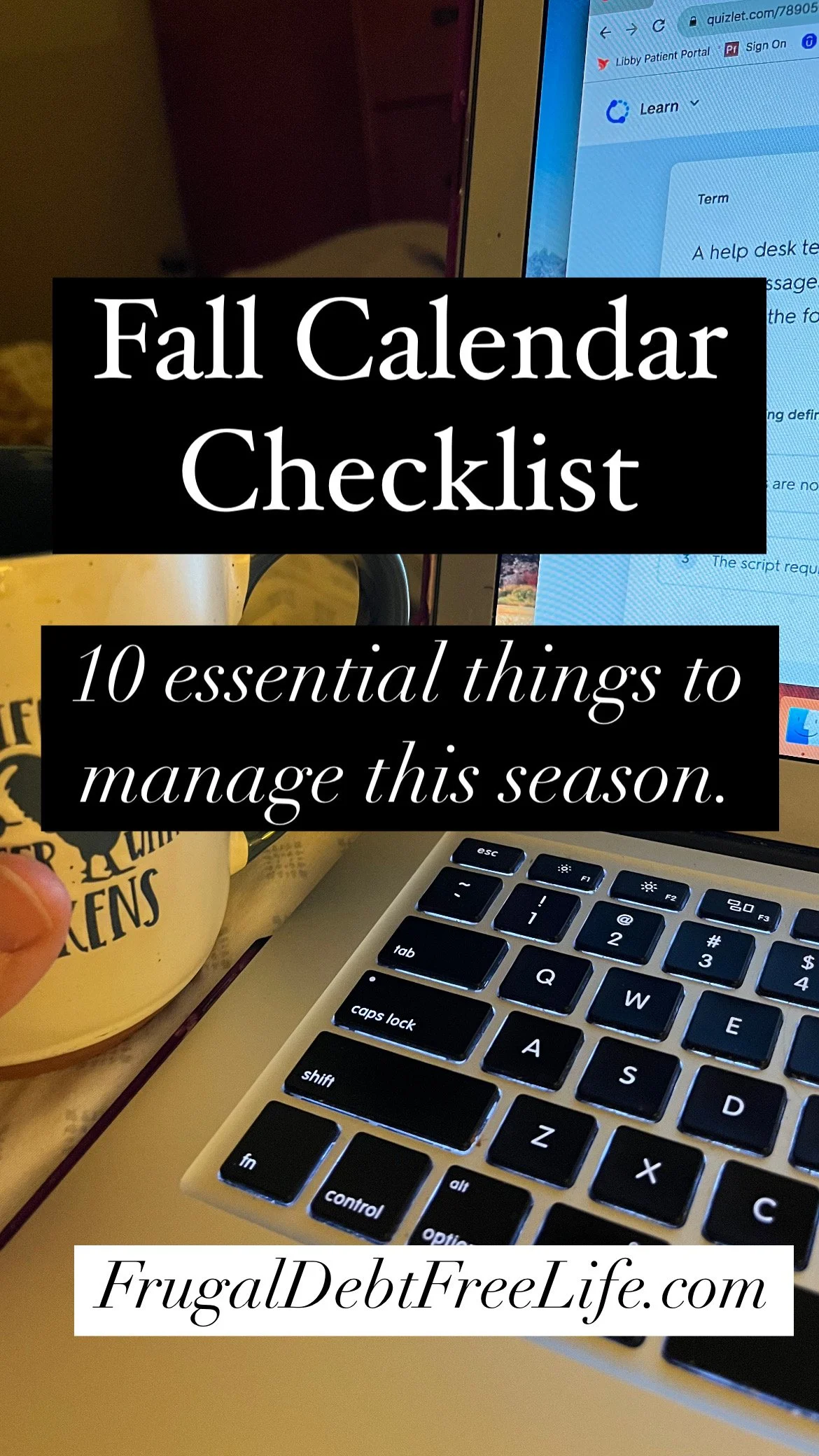8 Tips to Saving Money on Produce
/
Is it expensive to eat healthy? I would argue no. In fact, the weeks I run to the grocery store to pick up produce and milk are the weeks I spend less even though I buy the same in volume.
Today I am going to share some tips on saving cash on produce.
(Side note: I am not claiming to be the healthiest of healthy eaters here. Don't get me wrong. But I am learning and I have made major lifestyle changes. Baby steps, y'all!)
1. Shop the front of your sales flyers.
The supermarket usually puts their sales produce toward the front of the sales flyer. This is a great way to plan your meals for the week.
2. Compare the cost of per bag vs. per pound.
I noticed the other day that the Red Delicious apples were $1.99 per pound, but the bagged Red Delicious apples were three pounds for $4.99. That came out to $1.66 per pound.
3. Shop at a cost plus market.
There are several "cost plus" markets in our area. These stores sell produce at their cost plus 10%. Often produce is much, much cheaper at these stores.
4. Don't assume frozen is cheaper.
This might actually require you pulling up the calculator app on your phone in the grocery store.
A 12-ounce bag of precut frozen bell peppers is $1.99 at my supermarket. But I can get a bag with six fresh bell peppers for $2.79.
Two bell peppers chopped usually equals the same as one of those precut frozen bags but will only cost me $.93.
5. But don't ignore frozen either.
Frozen produce is usually flash frozen at the peak of the season, meaning those frozen carrots you're going to serve as a side dish, or those peas you're putting in your fried rice were picked, processed and packed at their best.
6. Shake it off.
Don't spend money on water. Shake off your kale or fresh carrots before bagging them.
7. Take steps to make produce last longer.
I talked about this in a post on money-saving kitchen tips. There are a few things you can do to make produce last longer, like dividing your bananas so they don't touch and never store other produce with apples.
Strawberries don't like to touch or be wet. Store strawberries dry in a paper bag or in a large container with a lid, but not in the container from the store.
8. Use it don't lose it.
Food waste costs Americans $165 Billion annually (source). That's a lot of food getting tossed.
It's tempting to want to dole out produce to make it last longer, but what good does that do you if your strawberries are molding in the fridge. So go ahead and consume your produce so it doesn't get wasted in the fridge.
A diet rich in fruits and vegetables does not have to break your budget.
What about you? What tips do you have for saving money on produce?


























